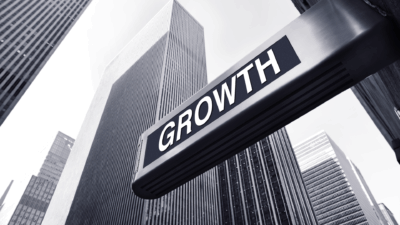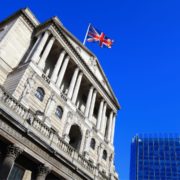As the climate crisis intensifies and draws greater focus from governments, businesses and the wider public alike, it is no surprise that major progress across various industries is required to achieve ambitious net zero targets and secure a sustainable future for the planet.
For certain sectors, the pressure is even greater.
For example, the built environment is responsible for an estimated 47% of global carbon emissions, making the real estate sector the object of greater scrutiny and external pressure to adapt to greener practices.
Despite this, it is important to note that this pressure is not the sole factor driving commercial landlords to implement more eco-friendly practices. Indeed, there is far more at play.
In order to discover the full range of factors motivating office landlords to improve sustainability across their portfolios, infinitSpace, in partnership with The Instant Group, conducted a survey of 250 commercial landlords with offices in the UK.
Breaking down landlords’ sustainability motivations
Of all the reasons for making sustainability improvements, there was a clear winner: staying competitive in the market.
Indeed, more than two-fifths (41%) of landlords cited the need to keep pace with competitors as the driving force behind such changes.
In a similar vein, achieving high occupancy rates proved to be a key factor as a third (33%) of landlords cited the retention of existing tenants while 28% reported the ability to market to prospective tenants.
This was further backed up by the 48% of landlords who said having strong sustainability policies is essential to attracting tenants.
Moreover, this instinct was further substantiated by data uncovered in the research itself which found a correlation between the development of sustainability practices and occupancy: landlords with the highest occupancies (greater than 70%) were those who had an overall sustainability strategy (56%) or individual sustainability policies (32%) at a minimum.
Indeed, this comes as businesses become increasingly environmentally conscious and driven by a commitment toward sustainability, which includes their workspace.
Landlords must therefore establish a compelling sustainability strategy as competition in the market is high, and savvy potential tenants can spot the difference between greenwashing and affirmative action.
Despite this, landlords’ biggest motivations were by no means exclusively commercial.
Marking the second most common reason (with 37% of landlords selecting this) was a personal or organisational desire to play an active role in reducing climate change.
Understandably, the need to comply with regulatory demands, like those recently introduced through energy performance certificate (EPC) standards, is also a key driver, with a third (33%) of landlords citing regulations as a factor motivating them to improve their sustainability practices.
In a surprising outcome, even though energy costs have soared in the UK over the past 15 months, landlords were generally less motivated to implement sustainability policies in order to lower their overheads (19%) like energy bills.
How can landlords move towards sustainable practices?
From moral and commercial to regulatory motivations, there are clearly a number of excellent reasons to make the switch to greener policies.
But that doesn’t make the transition simple, many landlords are still daunted by the scale of transition – namely the complexity of implementing policies and the potential upfront cost of installing eco-friendly infrastructure.
Fortunately, landlords don’t have to face sustainability challenges on their own, for instance, flexible workspace operators can facilitate a sustainable transformation of an office building for landlords, in a way that is completely commercially viable.
Evidently, office landlords are finding green inspiration from a variety of sources, indicating how broad and influential sustainability has become as a commercial agenda.
However, an individual and organisational desire to play a role in reducing climate change appears equally significant, demonstrating the importance of sustainability as a pathway for growth and ethics.



























Comments